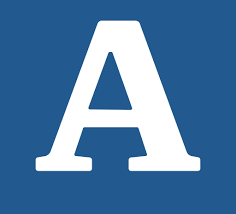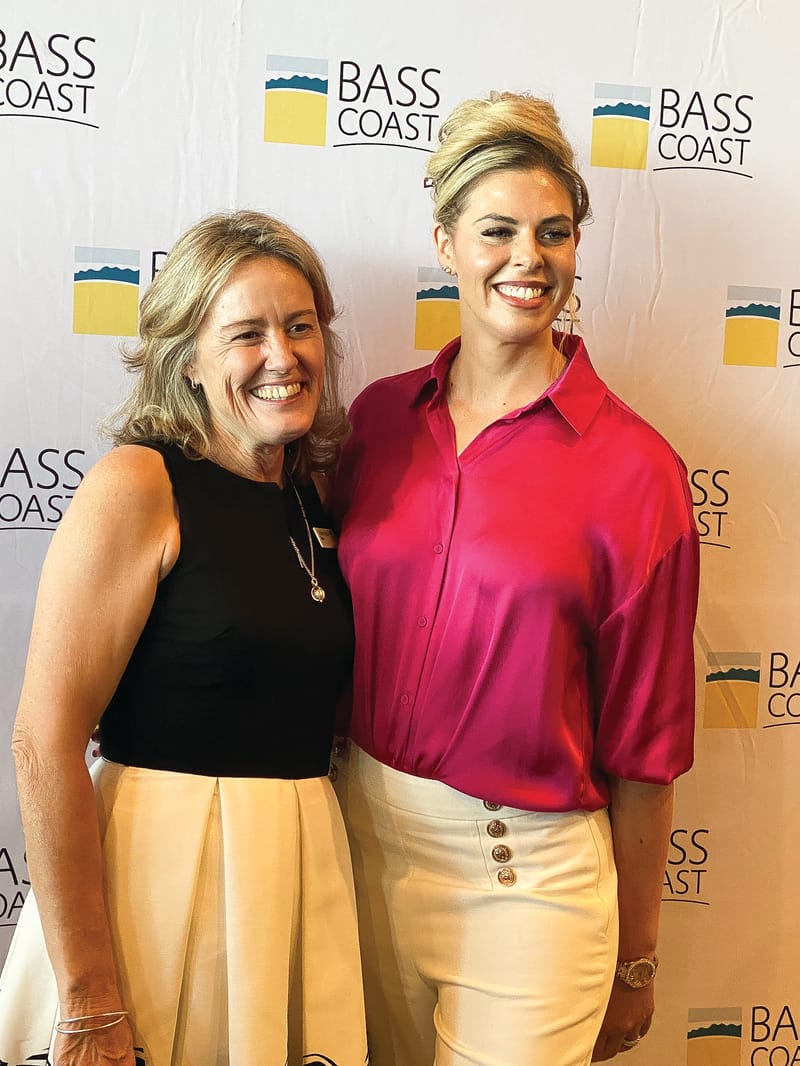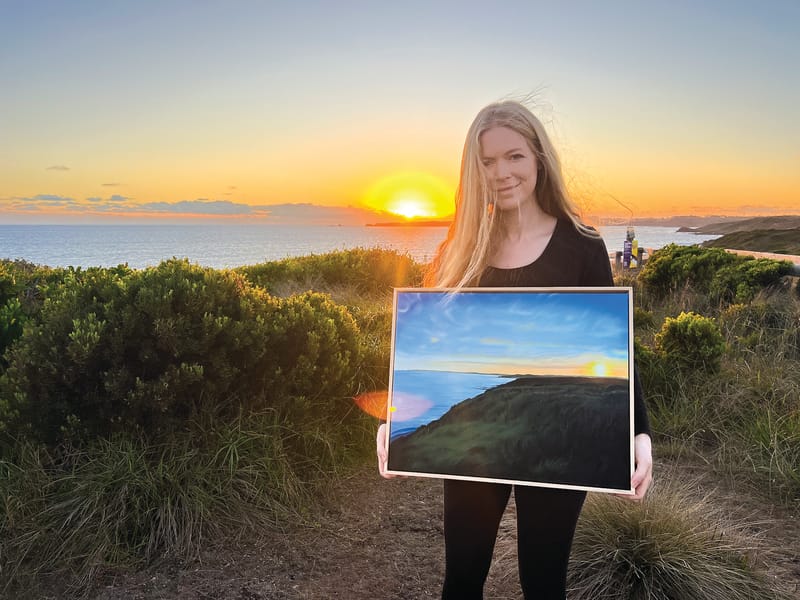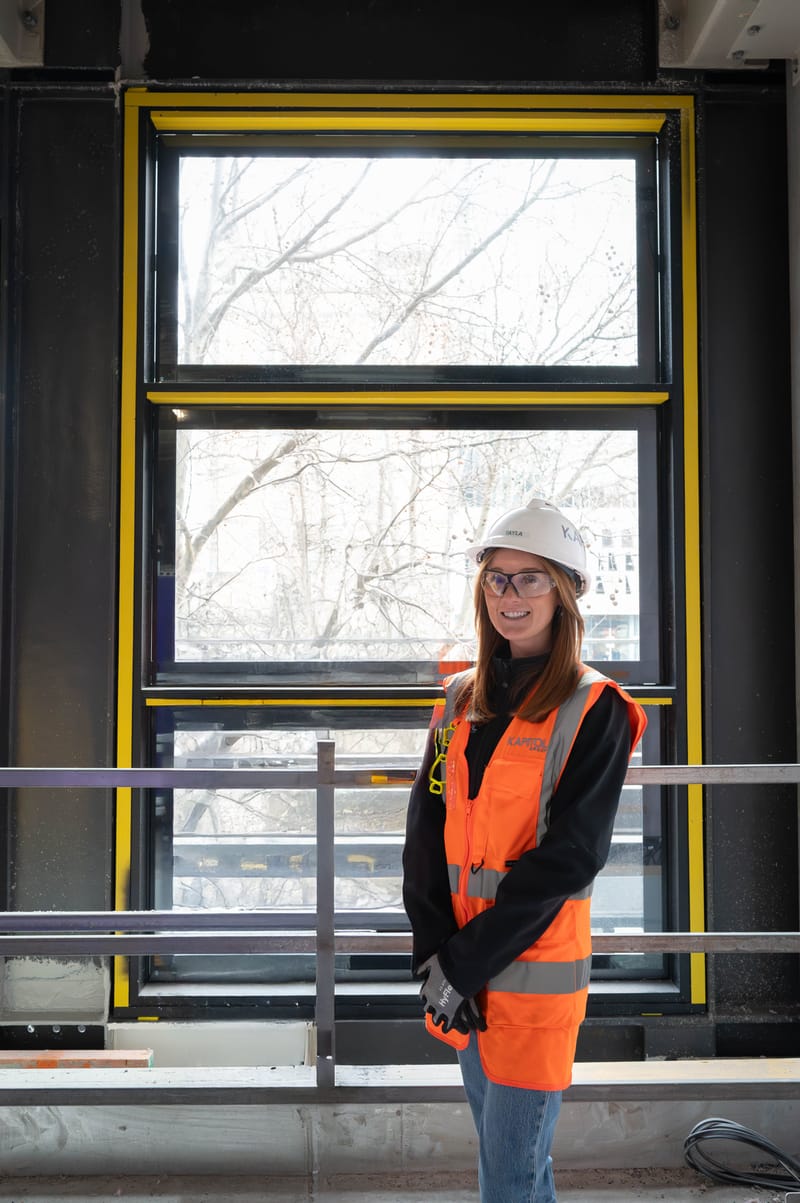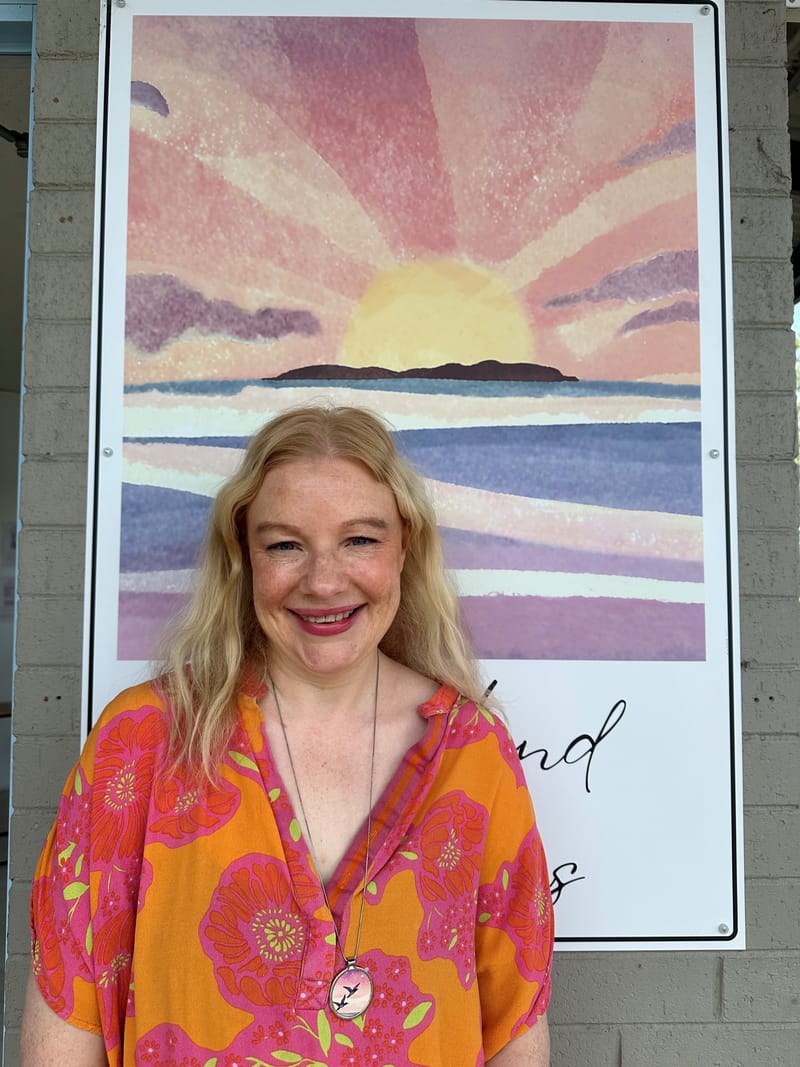IWD 2023 - Alexandra Martin
This IWD, we talk to women in Bass Coast who have pursued a career in STEM.
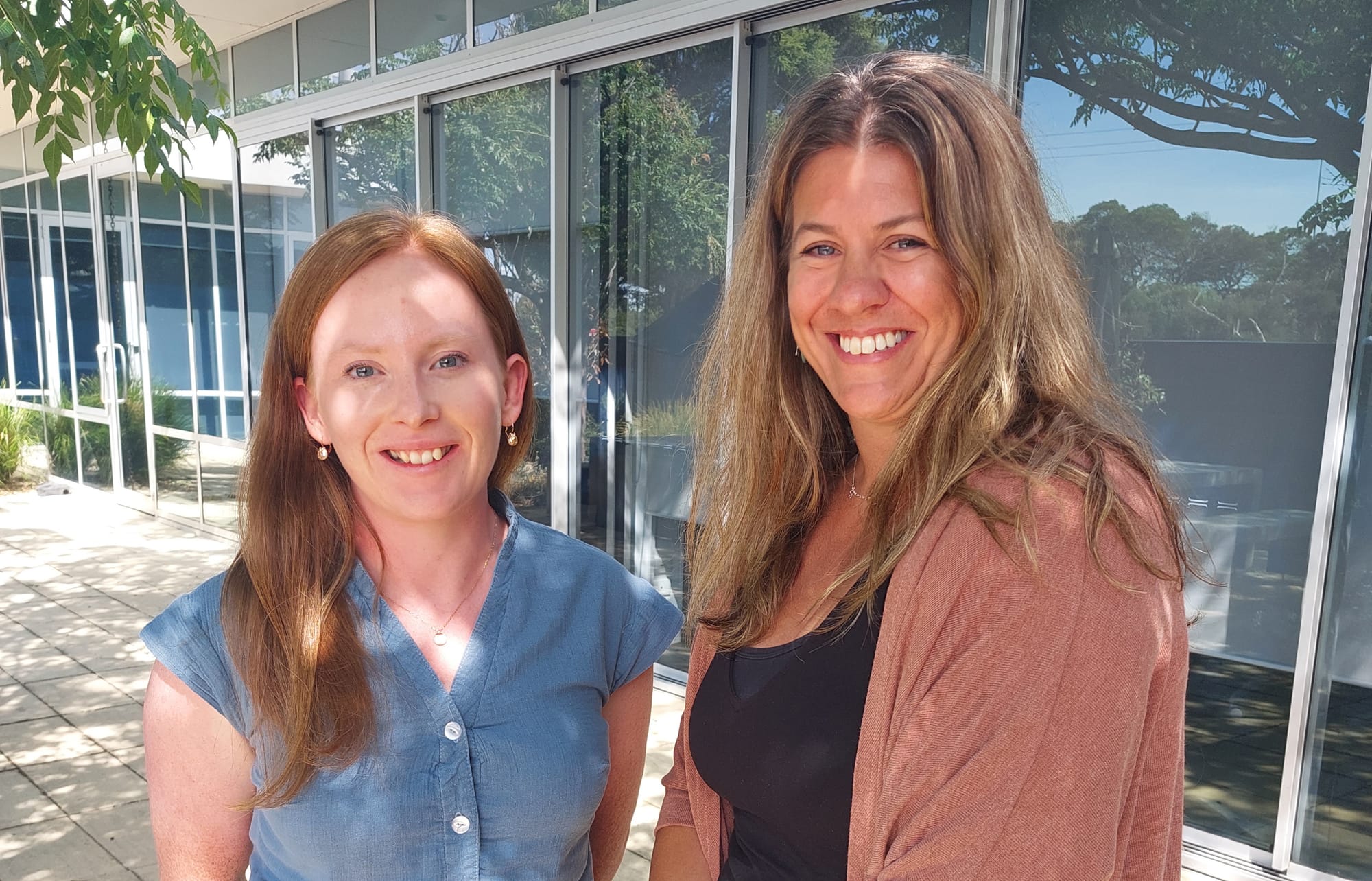
Alexandra Martin - Westernport Water
Bachelor of Mechanical Engineering qualification from the University of Western Australia, working as a Reliability Engineer.
When and why did you get interested in STEM?
When I was in high school, I had the opportunity to attend the International Science Festival at the Otago University in Dunedin, New Zealand, fully sponsored by Youth ANZAAS. We spent the week with other school kids from Australia and New Zealand and attended a range of different presentations, talks and participated in hands on activities. This sparked my interest in a STEM career and showed me that there is such a wide range of topics that fall under the STEM umbrella. I originally started studying science at university but switched to engineering as the career path was more obvious and the work more hands on.
What do you love about your job?
I love that being an engineer has enabled me to work in a range of areas and on some major projects. I have met and learnt from people all over the world. I enjoy problem solving, thinking critically and coming up with solutions. At Westernport Water I am happy to be a part of an organisation that is providing an essential service to the community and being able to make an impact.
Do you think it is important for more women to work in STEM?
For women, I think it is important that they can work in whichever field they like and have no barriers in selecting a career that interests them. A career in STEM can be incredibly empowering and offer the opportunity for personal growth, a career trajectory and job security.
An increase in women in STEM roles is advantageous to businesses and the economy. This helps to reduce the gender pay gap and ensures that we are maximising our creativity, problem solving and ways of communicating, all of which are great for business.
What is one thing government/schools/organisations could do to increase the number of women working in STEM?
“You can’t be what you can’t see” so I think making visible women working in STEM to the younger generation through outreach programs in schools (before year 11/12 subject selection) is necessary. Mentoring/tutoring programs for young girls is a way to inspire interest and remove some mystique from what exactly STEM is. Once in the workforce, companies supporting women through maternity leave and genuinely attempting to level the gender indifference at management level is extremely valuable to make a STEM career attractive to women.
Some facts from the IRIS Report 2011 and STEM Equity Report 2021:
- Teachers have the biggest influence over students (particularly girls) in career selection – more so than parents and friends. However, they underestimate their impact.
- Ninety per cent of parents think STEM careers are important to the Australian economy, however < 50 per cent will have weekly conversations about STEM at home – and parents are less likely to talk STEM with their daughters than their sons.
- When surveyed, STEM university students and graduates nominated work experience (internships, work placements etc) as the most effective outreach program in encouraging them into a STEM career.
Name a woman who inspires you, who has worked, or is working in the STEM field – and why do you admire her?
I am inspired by Dr Fiona Wood who with Marie Stoner developed ‘spray-on-skin’ to treat burns. She was Australian of the Year in 2005. Her work is a collaboration of science, medicine, engineering, and business. She’s also a mother to six kids!
What advice would you give to your 12-year-old self in terms of pursuing a career in technology and science?
My message to 12-year-old girls today would be that you don’t have to be the smartest in the class or the best at maths to have a successful career in STEM one day. It’s not just reserved for those that get all the school awards and you can still enjoy playing sports and socialising and be interested in having a STEM career.


